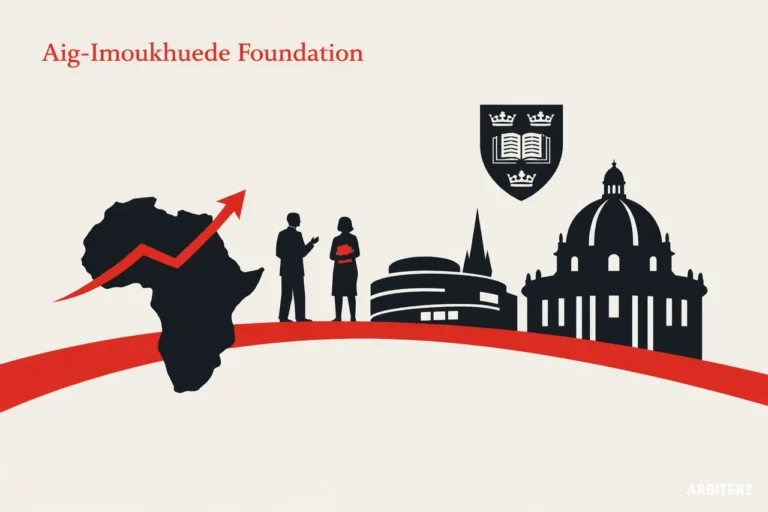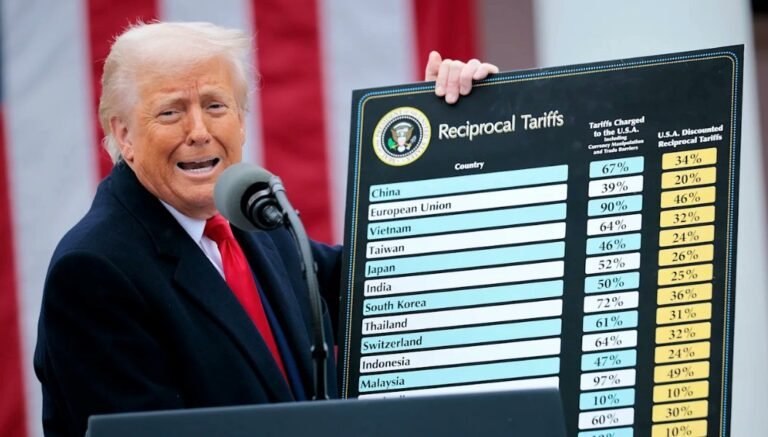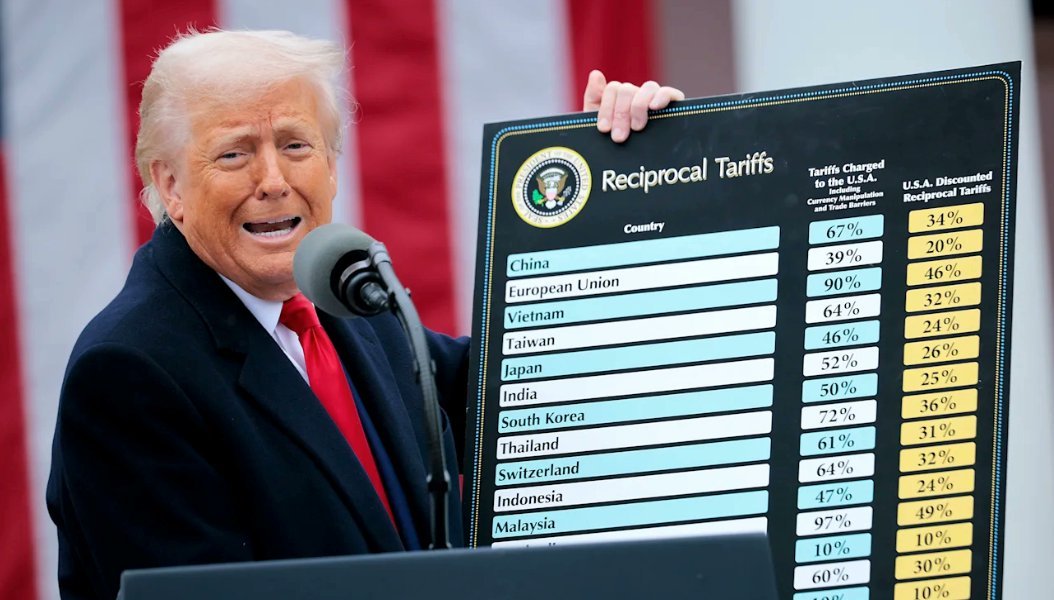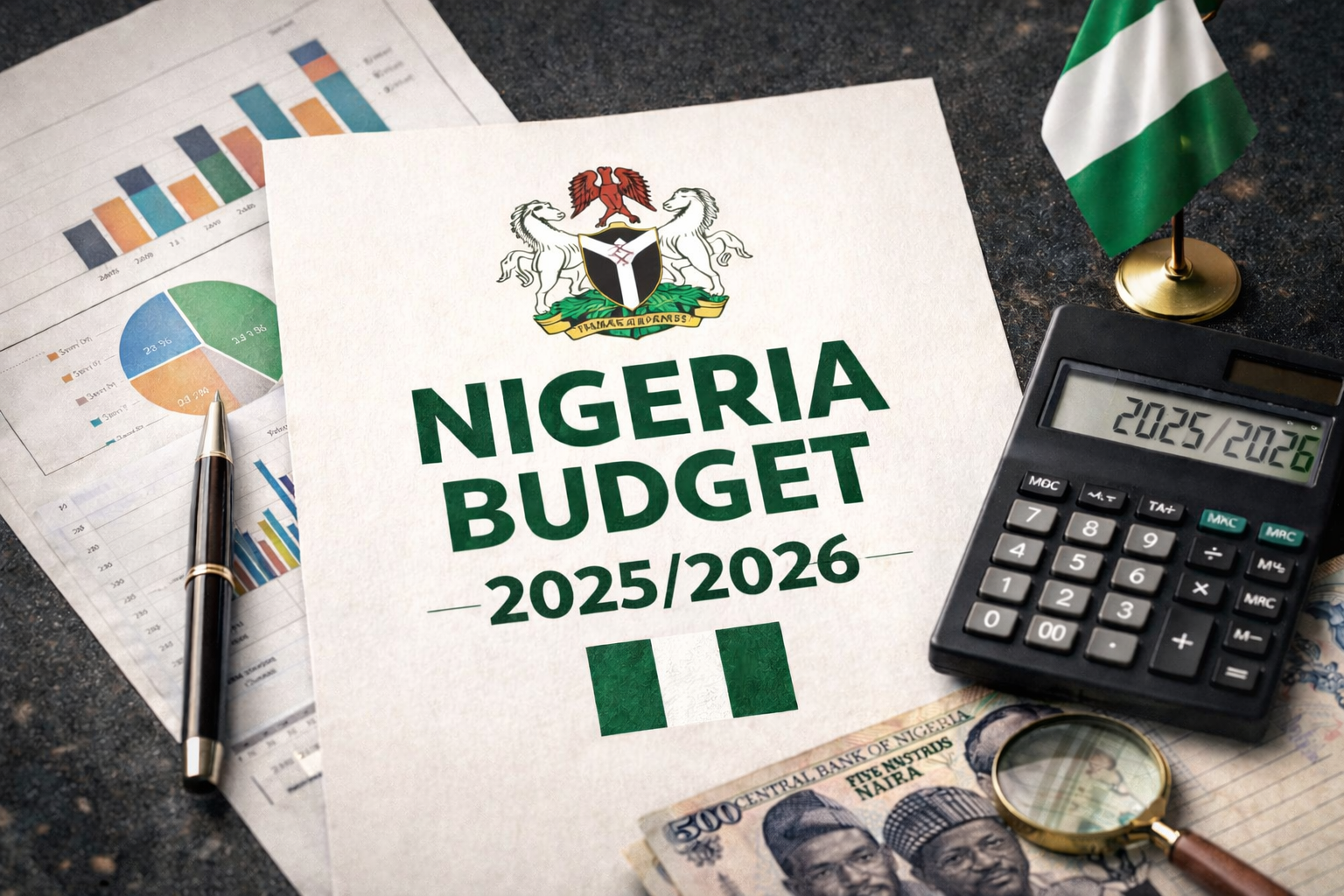Nigeria’s newly approved N70,000 minimum wage has been severely undermined by the sharp devaluation of the Naira, according to the latest U.S. Country Reports on Human Rights Practices 2024.
While the federal government positioned the wage hike as a bold step toward improving workers’ livelihoods, the U.S. report noted that the policy’s real impact has been eroded, leaving wages below poverty thresholds.
The report highlighted that with the Naira trading above ₦1,500 per U.S. dollar, the much-publicized N70,000 monthly wage translates to just $47.90, diminishing its purchasing power and making it inadequate to meet basic living costs.
Also Read:
- Shattered dreams: How naira devaluation sent Nigerian students out of UK varsity
- The Dollar Mallam: Thriving Amid Naira Devaluation in the Black Market
- Institute for Security Studies Says Naira Devaluation will Boost Agriculture Exports
- Naira Devaluation Makes Nigerian Exports Most Competitive in 20 Years- World Bank Economist
It stressed that despite the nominal doubling of wages under the National Minimum Wage (Amendment) Act 2024, inflationary pressures and currency depreciation have left workers struggling.
Limited Coverage and Enforcement Gaps
The U.S. findings revealed that the minimum wage law only applies to employers with 25 or more workers, excluding the majority of small businesses. As many Nigerian companies operate with fewer than 25 employees, a large portion of the workforce remains outside the wage protection framework.
Additionally, several states have resisted implementing the new wage, citing financial constraints, raising concerns about nationwide enforcement. ‘
The law also mandates a 40-hour workweek, annual leave of two to four weeks, and holiday pay, but gaps in defining overtime and premium pay weaken protections.
Weak Oversight on the Informal Economy
The report underscored that 70–80% of Nigeria’s workforce operates in the informal economy, where wage and safety laws are not enforced.
This means the majority of workers remain vulnerable to exploitation, with no guarantees of fair pay, safe working conditions, or legal recourse.
It further stated that while laws prohibit excessive compulsory overtime for government workers, penalties for violations remain low and ineffective compared to other crimes such as fraud. This weak regulatory environment has worsened economic inequality across sectors.
Human Rights Concerns Beyond Wages
Beyond wages, the U.S. report flagged serious human rights violations, including the widespread flouting of child marriage laws.
While Nigeria’s federal law sets 18 years as the minimum age for marriage, several northern states permit marriages as early as 11 years old under religious or customary practices, exposing children to health and social risks.
The report also documented alleged cases of forced disappearances, citing Amnesty International’s findings that dozens of young men detained at the disbanded SARS Awkuzu police station in Anambra State remain unaccounted for.
Detention, Justice System Failures, and Corruption
The report condemned Nigeria’s judicial inefficiencies, noting widespread cases of prolonged pretrial detention, sometimes lasting longer than the maximum sentence for the alleged crime. Suspects often face multiple adjournments, inadequate access to counsel, and systemic corruption within the justice system.
Authorities were also cited for arbitrary arrests, incommunicado detentions, and failure to provide timely access to courts. In many cases, detainees remained in custody because files were lost or transportation to court was unavailable.
Broader Implications
The U.S. report concludes that while the minimum wage increase represents a symbolic gesture, the real economic impact remains muted by structural challenges such as inflation, weak enforcement, and the dominance of the informal sector.
Coupled with systemic governance and human rights issues, Nigeria’s economic reforms continue to face credibility questions both at home and abroad.
As long as the Naira remains unstable, workers’ purchasing power will continue to erode, limiting the effectiveness of wage reforms. The U.S. findings underline that wage policies alone cannot address Nigeria’s deep-rooted economic and governance crises without broader institutional reform


























